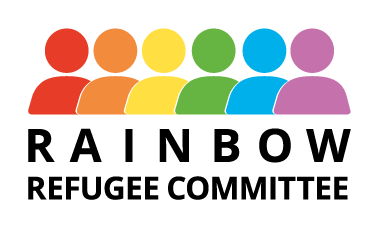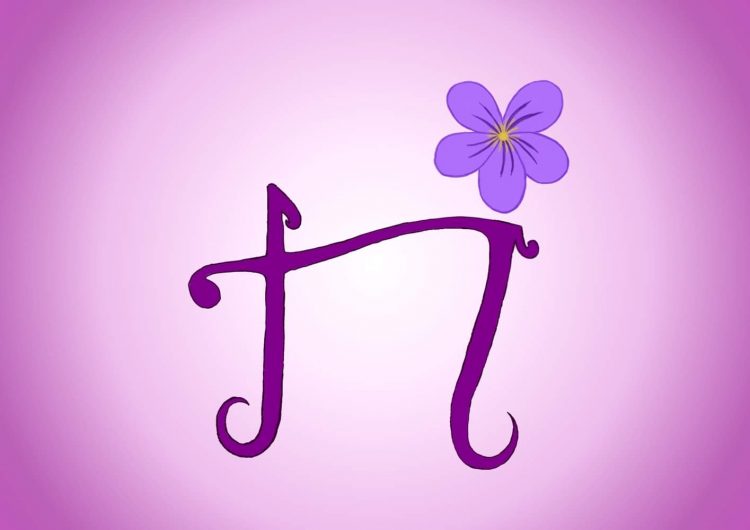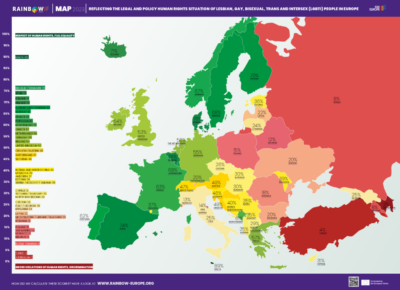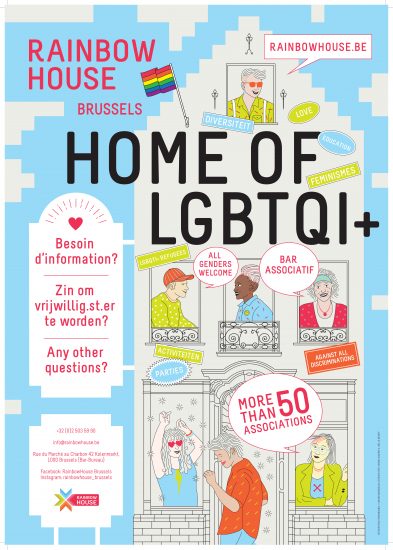Rainbow Refugee Committee



thérèse et iSaBelLe is a project. It is above all a desire, born long ago, to militate for Sapphic audiences. We see that very often our audiences are unaware of our heritage, our heteronormative society having a tendency to make it disappear and to make it invisible. Sapphic culture is vast and ancient. We are committed to promoting this culture, in all its aspects. Starting with literature, which has frequently addressed the issue of Sapphism, but which is often relegated and misunderstood. Who knows Christabel, the lesbian vampire of the 18th century? Who knows the agonies and the very long journey that Violette Leduc had to follow to be able to finally publish, in a censored version, her novel Thérèse et Isabelle? Many of these works are unknown, or not known enough. Many women authors are forgotten, neglected. We think it is important, for reasons of personal identification (which we know is crucial in development) as well as normalization of the vision of sapphic people, to promote this culture. We were talking about literature, but this is also done through other media, such as manga, music, cinema, painting, etc. We also think that for our activism to progress, it is essential to keep track of what has been done and to analyze what has been thought, so as not to try to reinvent hot water with each generation of activists because we would have forgotten the work of our older sisters. This is why we think that it is important to continue to reflect and to debate about our thoughts, about lesbianism as a political current, or not, in any case to think about it in order to advance and to push always further our reflections. This work of heritage passes, naturally, according to us, by the preservation of our memories. For that we wish to carry out conservations of testimonies of sapphic persons, of all ages and all experiences, to constitute a data base easily accessible allowing each one (researcher, militant, or simple person in questioning…) to find testimonies and to be able to recognize itself, to be inspired by it, even to be built up.
What we do is essentially that, try to preserve, pass and share lesbian cultures. That passes by the organization of evenings of discussions around our topics, perhaps in the future of conferences on these subjects, the project of testimonies evoked earlier, and any other activity which can help our cause. Finally, our name being symbolic, we will explain it. The first names thérèse and iSaBelLe obviously refer to the novel by Violette Leduc, a novel that has become a classic of the exploration of a sapphic relationship at puberty, and the discovery of its orientation. The names are written with a lowercase letter as initials, in reference to bell hooks who did the same and who inspired us a lot, it’s a modest way to pay homage to her. In the name iSaBelLe, the Sa designates sapphic people, the Bel bisexual people, and the final Le lesbian people, because we think that it has often, and sadly, been neglected to take sufficiently into account all the variety of sapphic publics. We want to affirm our desire to fight against the invisibilization of Bi people and for the inclusion of all Sapphic people through this name. The purple dot on the “i” is a classic symbol of lesbianism, as is the color chosen.
Contact :
0472 99 23 69
thereseetiSaBelLe@outlook.be

The ILGA report was released almost two weeks ago. It has been quoted many times during the official speeches at...
publié le 29 September 2017

Because you are important ! RainbowHouse launches its first communication survey with the goal of optimizing the diffusion of information...
publié le 29 September 2017

The ILGA report was released almost two weeks ago. It has been quoted many times during the official speeches at...
publié le 29 September 2017

The Equalcity project is coming to an end. This project, funded by the European Union’s Rights, Equality and Citizenship programme...
publié le 29 September 2017